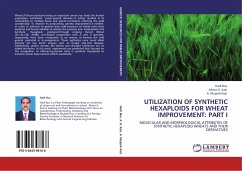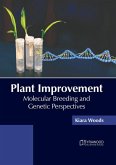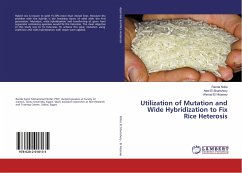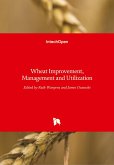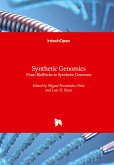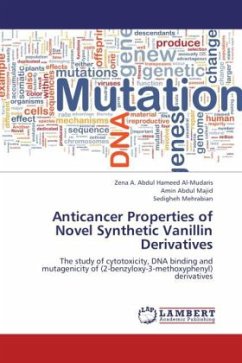Wheat (Triticum aestivum) being an important cereal crop feeds the human population worldwide. Lower genetic diversity in wheat resulted in its vulnerability to multiple biotic and abiotic constraints affecting the yield considerably. To improve its productivity, genetic improvement is needed. In order to enhance its genetic base wild ancestors of wheat have been explored and found valuable to achieve the pressing end. Amphiploids and Synthetic Hexaploids produced through crossing Durum Wheat (2n=4x=28; AABB) and diploid progenitors with A and D genome, respectively, have been recognized as an avenue to harness the wild genetic potential in its progenitors. These synthetics carry novel allelic diversity for key biotic stresses such as fungal and viral diseases. Additionally, abiotic stresses like salinity and drought tolerances are an added attributes. In this work, experiments are presented that focused on the recognition of different potential traits in synthetic Hexaploids to enhance wheat improvement efforts worldwide.
Bitte wählen Sie Ihr Anliegen aus.
Rechnungen
Retourenschein anfordern
Bestellstatus
Storno

